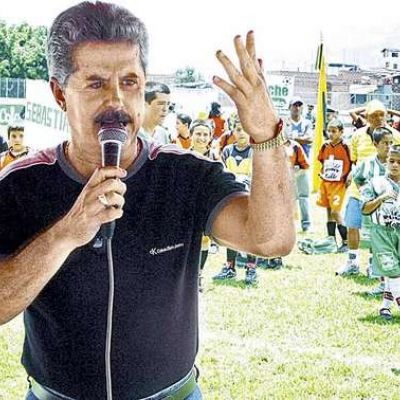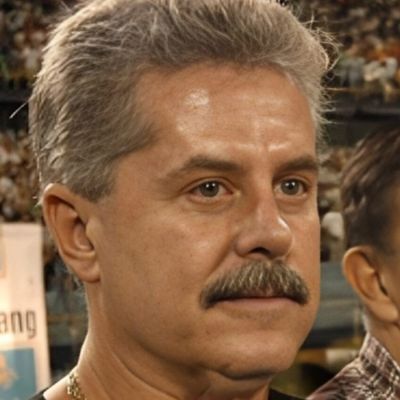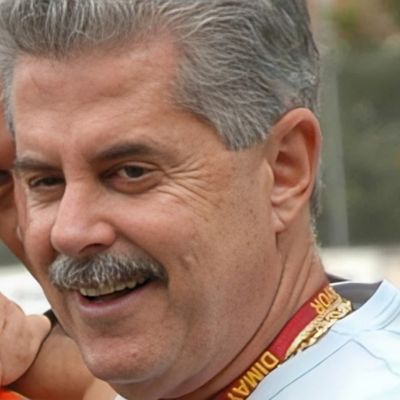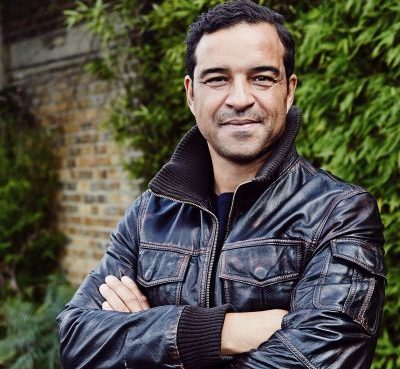Gustavo Adolfo Upegui Lopez, a key figure in Colombian soccer, came to popularity as the director of the Envigado Office in the early 1990s. Upegui, who was born and bred in Colombia, rose to prominence as a member of the Envigado Football Club, a lowly squad in Colombia’s second tier. His prominence gave him the moniker “The Mayor of Envigado,” emphasizing his clout in the area.

The murder of Upegui is said to have been motivated by a power struggle inside the criminal organization, with Upegui’s rising authority being a source of discontent. Upegui’s terrible death ushered in a period of instability for Envigado FC, resulting in financial difficulties and ownership changes. Gustavo Upegui exemplifies Colombia’s intricate interweaving of soccer, crime, and the growth of new talents.
Gustavo Upegui Wikipedia: Who Was He?
Gustavo Adolfo Upegui Lopez, a major figure in Colombian soccer known for his dual involvement in Envigado Football Club and organized crime, remains a mystery. Upegui, who was born and reared in Colombia, rose to prominence as the chief of the Envigado Office, a post connected with the renowned Pablo Escobar. Upegui was known for owning Envigado FC in order to nurture fresh soccer players, and he was essential in launching the careers of budding stars.
However, Upegui’s reputation is tainted by his participation in illegal operations associated with the Envigado Office, including as extortion, hiring hitmen, and abduction. His diverse identity, which straddles both the athletics and criminal spheres, complicates the story around him. Upegui’s terrible death in 2006, which was characterized by a horrific murder, emphasizes the perilous nature of his affiliations. The lack of such a resource restricts full understanding of his origins and significance, allowing potential for future investigation into the various layers of his problematic life.
Gustavo Upegui Edad: How Old Is The Mafia Owner Of Envigado?
Gustavo Adolfo Upegui Lopez, born in Colombia on April 10, 1964, was brutally assassinated at the age of 42 in 2006. This early age emphasizes the significant influence he had already had in the worlds of Colombian soccer and organized crime. His quick climb to prominence as the head of the Envigado Office in the early 1990s exemplifies the fast and sometimes chaotic paths that individuals may follow in high-stakes circumstances.
While Gustavo Upegui’s precise age was not easily accessible, his birthday serves as a useful reference point. The changing information environment may provide updates or more facts, allowing for a more complete knowledge of Upegui’s life and activities chronology. His age at the time of his death is a poignant reminder of the complex ways organized crime and sports intersect, impacting individuals like Gustavo Upegui.
Gustavo Upegui Net Worth At Death





